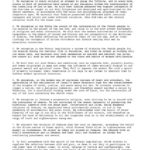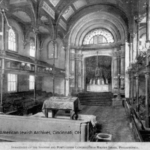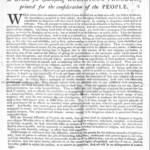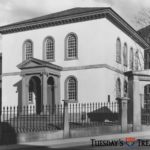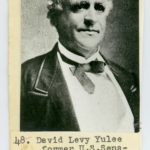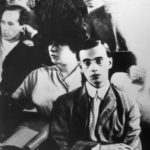Immigration & Community Beginnings
Although Mikveh Israel, Philadelphia’s first synagogue, was not founded until 1782, the land for its cemetery has an earlier history. A burial plot was first bought by Nathan Levy in 1738 when he suddenly needed a burial place for one of his children, and land was made available to him by Thomas Penn, the son…
Read MoreThe first known Jew to arrive in America was Jacob Barsimson on August 22, 1654, and he was joined by twenty-three more Jews four months later, although most of them stayed in New Amsterdam only for a short time. Peter Stuyvesant, Governor of New Amsterdam, was not happy about having a Jewish population in the…
Read MoreDecember 2nd, 1763, Members of the Jewish community of Newport, Rhode Island witnessed the dedication of the Touro Synagogue, the oldest standing synagogue building in the United States. It is the only synagogue to survive from the colonial era. The synagogue was designed by Newport citizen Peter Harrison. At the onset of the American Revolution,…
Read MoreDavid Levy Yulee (1810-1886) was born to a Sephardic Jewish family in St. Thomas, West Indies, before relocating to Florida where he studied and practiced law in St. Augustine. When Florida became a state, Yulee was elected to serve. In 1841, he was elected to the U.S. House of Representatives, though his position was disputed…
Read MoreWithin six month of the founding of the Georgia Colony by James Oglethorpe in 1732, a ship carrying 42 Jewish settlers landed off the coast of Savannah. These Jews sailed from London, England, though most of them had Portuguese Jewish descent (refugees of the Spanish Inquisition), though there were among them two German-Jewish families, as…
Read MoreThe name Leo Frank (1884-1915) rose to fame for highly violent reasons. Accused in 1913 of murdering a thirteen-year-old girl who worked at the Atlanta National Pencil Factory (where Frank was a manager), a sensational and heavily flawed trial ensued. The body of Mary Phagan was found in the basement of the factory; most modern…
Read MoreRabbi Judah Leon Magnes (1877-1948) is memorialized as a leader of Reform Judaism, a notable pacifist during WWI, and an advocate for a binationalist Jewish-Arab state during the years of the British Mandate of Palestine. Born in San Francisco, California, Magnes became one of the most widely recognized voices of American Reform Judaism in the…
Read More
